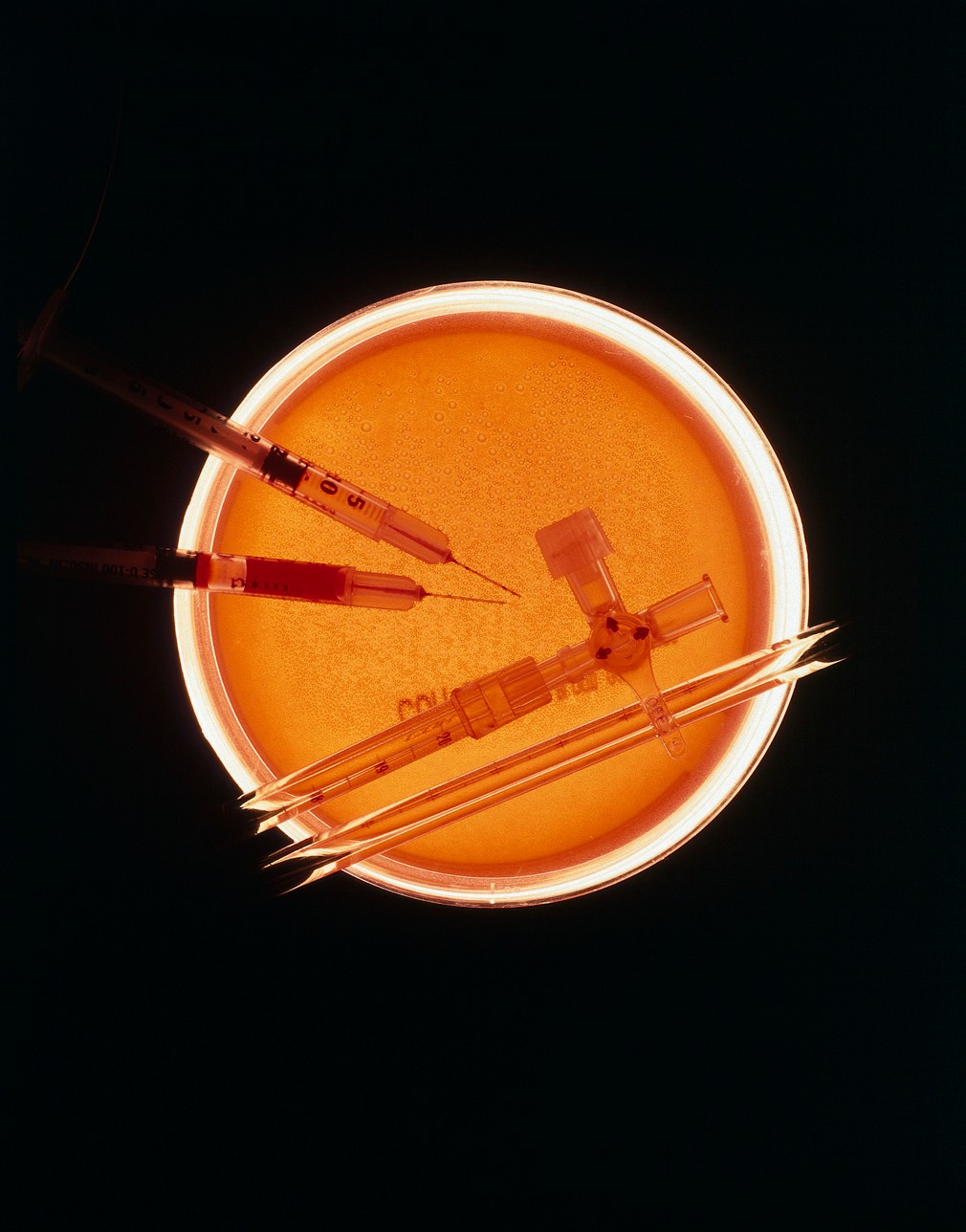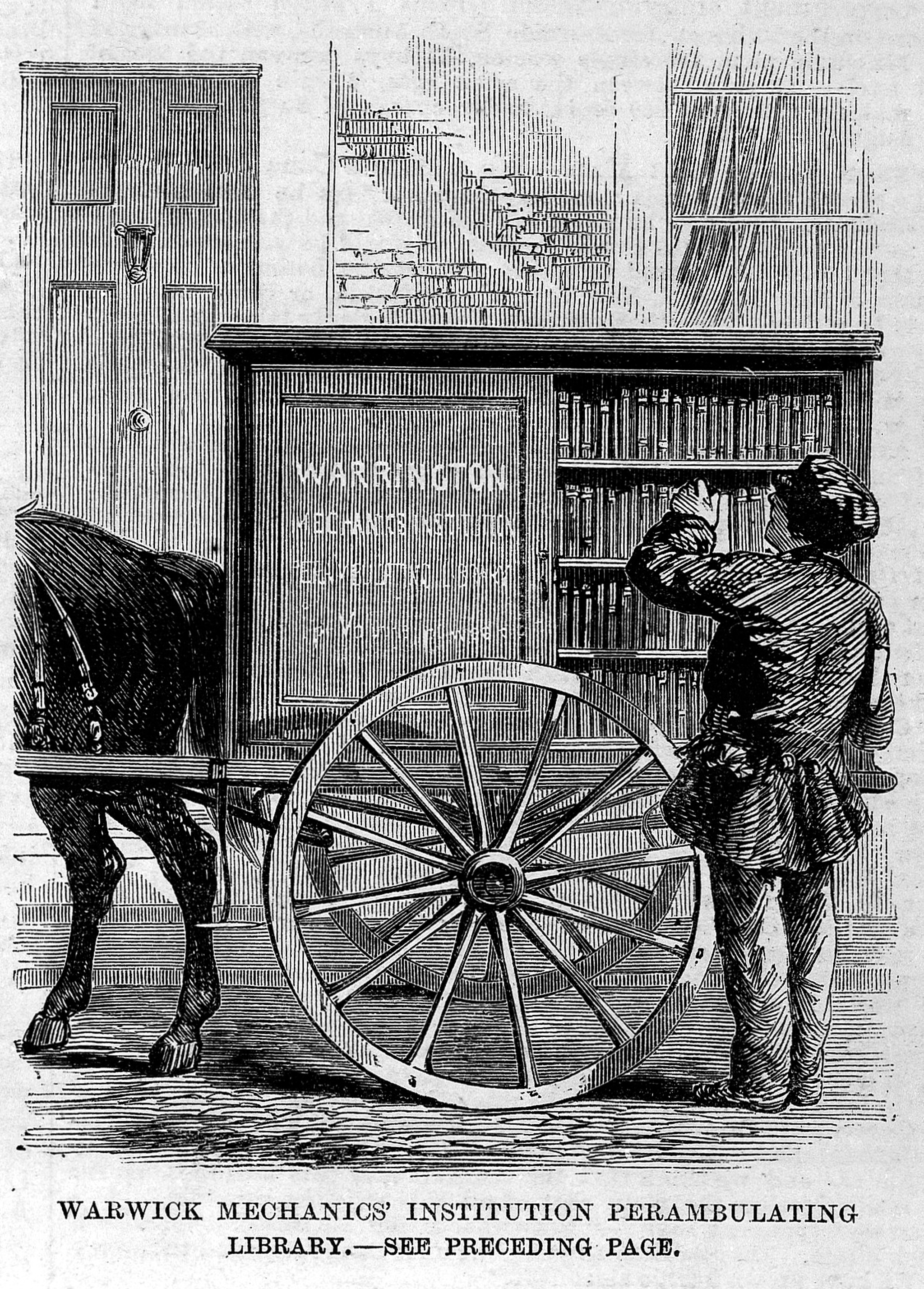We’ve had several new arrivals already this year, so why not grab a coffee in your KeepCup, escape from the cold and head on over to the History of Medicine Library to check out some new titles?
Human Extinction and the Pandemic Imaginary by Christos Lynteris
‘This book develops an examination and critique of human extinction as a result of the ‘next pandemic’ and turns attention towards the role of pandemic catastrophe in the renegotiation of what it means to be human. Nested in debates in anthropology, philosophy, social theory and global health, the book argues that fear of and fascination with the ‘next pandemic’ stem not so much from an anticipation of a biological extinction of the human species, as from an expectation of the loss of mastery over human/non-human relations. Christos Lynteris employs the notion of the ‘pandemic imaginary’ in order to understand the way in which pandemic-borne human extinction refashions our understanding of humanity and its place in the world. The book challenges us to think how cosmological, aesthetic, ontological and political aspects of pandemic catastrophe are intertwined. The chapters examine the vital entanglement of epidemiological studies, popular culture, modes of scientific visualisation, and pandemic preparedness campaigns. This volume will be relevant for scholars and advanced students of anthropology as well as global health, and for many others interested in catastrophe, the ‘end of the world’ and the (post)apocalyptic.’
Nightmare Factories: The Asylum in the American Imagination by Troy Rondinone
‘How the insane asylum came to exert such a powerful hold on the American imagination.
Madhouse, funny farm, psychiatric hospital, loony bin, nuthouse, mental institution: no matter what you call it, the asylum has a powerful hold on the American imagination. Stark and foreboding, they symbolize mistreatment, fear, and imprisonment, standing as castles of despair and tyranny across the countryside. In the “asylum” of American fiction and film, treatments are torture, attendants are thugs, and psychiatrists are despots.
In Nightmare Factories, Troy Rondinone offers the first history of mental hospitals in American popular culture. Beginning with Edgar Allan Poe’s 1845 short story “The System of Dr. Tarr and Prof. Fether,” Rondinone surveys how American novelists, poets, memoirists, reporters, and filmmakers have portrayed the asylum and how those representations reflect larger social trends in the United States. Asylums, he argues, darkly reflect cultural anxieties and the shortcomings of democracy, as well as the ongoing mistreatment of people suffering from mental illness.’
Vision and Blindness in Eighteenth-Century Britain by Chris Mounsey
‘The debut publication in a new series devoted to the body as an object of historical study, Sight Correction provides an expansive analysis of blindness in eighteenth-century Britain, developing a new methodology for conceptualizing sight impairment. Beginning with a reconsideration of the place of sight correction as both idea and reality in eighteenth-century philosophical debates, Chris Mounsey traces the development of eye surgery by pioneers such as William Read, Mary Cater, and John Taylor, who developed a new idea of medical specialism that has shaped contemporary practices. He then turns to accounts by the visually impaired themselves, exploring how Thomas Gills, John Maxwell, and Priscilla Pointon deployed literature strategically as a necessary response to the inadequacies of Poor Laws to support blind people. Situating blindness philosophically, medically, and economically in the eighteenth century, Sight Correction shows how the lives of both the blind and those who sought to treat them redefined blindness in ways that continue to inform our understanding today.’
Other titles include:
- Civic Medicine: Physician, Polity, and Pen in Early Modern Europe edited by
- Frances Burney and the Doctors: Patient Narratives Then and Now by John Wiltshire
For a full list of this year’s new books, please check out our LibraryThing page. If you would like to consult any of these titles and more, then feel free to visit us at 45 Banbury Road! We are open most weekday afternoons from 2.15pm until 5pm (4.30pm on Wednesdays), but do check our weekly blog posts for up-to-date opening hours. If you haven’t visited the History of Medicine Library before, then please email us at historyofmedicine@bodleian.ox.ac.uk in to organise your first visit. See you soon!





